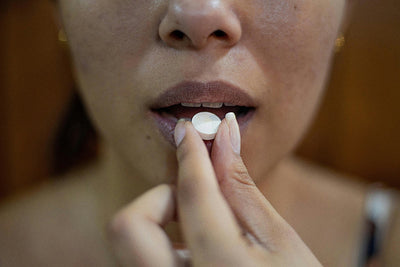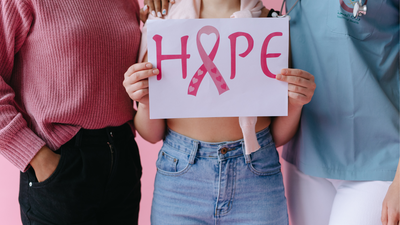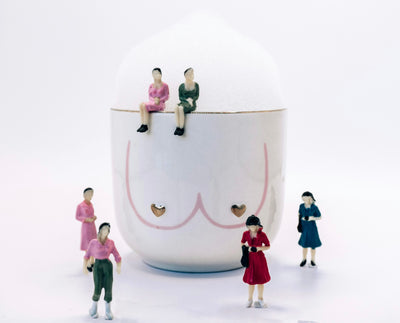Genetics, Depression and Breast Milk Production
Genetics, Depression and Breast Milk Production
by Katie Black
If you’ve ever had postpartum depression, you’re not alone. According to the CDC, about 10% of women in the US develop postpartum depression. While there are ways to help treat mental illnesses, there is still a lot we don’t know, particularly how they can affect breastfeeding and breast milk.
Lactation kicks in by suckling, but after that, your genetics, diet, and environmental factors all play a big role. Feeling like you're not making enough milk can be frustrating and scary, especially since there are so many different things that could be to blame.
In a study from last year, including our own Dr. Stephanie Canale, researchers set out to see how depression in mothers affects how much breast milk they make.
Hormones are a huge player in kick starting milk production in pregnant and new moms. And since depression and anxiety are known to mess with postpartum hormones and are correlated with stopping breastfeeding early, the researchers thought to look at what that has to do with how much milk a mom makes.
The Study
They studied eight moms: four “low producers” (produce less than 600 milliliters of breast milk in a day) and four “high producers” (produce more than 1500 milliliters in a day) and looked at how their gene expression was different. Their goal was to see if there was a correlation between milk production, anxiety, depression, and gene expression.
They also compared bacteria production between the women who made less milk with those who made more.
The Results
While the high producers scored low on anxiety and depression questionnaires, the low producers’ showed mild anxiety and depression. This showed there’s a correlation between anxiety and depression and making less milk, meaning if you don’t produce a lot of milk, you’re also more likely to have anxiety or depression. What is not clear is which comes first, and which causes the other. Do anxiety and depression physically affect how much breast milk a mom makes, or does not making enough milk and the feelings of guilt, shame and fear associated with that lead to anxiety and depression? We need a lot more research find the answers.
Interestingly, the researchers didn’t find any big differences in gene expression between the low and high producers, but what they found for bacteria was very exciting.
Probiotic bacteria in breast milk help make the microbiome and protect against pathogens—overall they are very important for your baby’s health. The study found that the bacterial diversity was huge among all the milk being tested.
They concluded that there are numerous benefits to breastfeeding even if you don’t produce a lot of milk and supplement with other foods—even a small amount can do a lot for your baby. If you are concerned about the nutritional quality of your milk, you can also easily get it tested.
Struggling with feelings of inadequacy because of low milk production can be very hard, so try to remind yourself: it’s not your fault and you are enough. If you are experiencing symptoms of anxiety or depression, reach out to your healthcare provider for support and join our private group of moms to hear from those on the same journey as you.
Sources:
https://pubmed.ncbi.nlm.nih.gov/34825075/
Photo by Kat Smith on Pexels.






